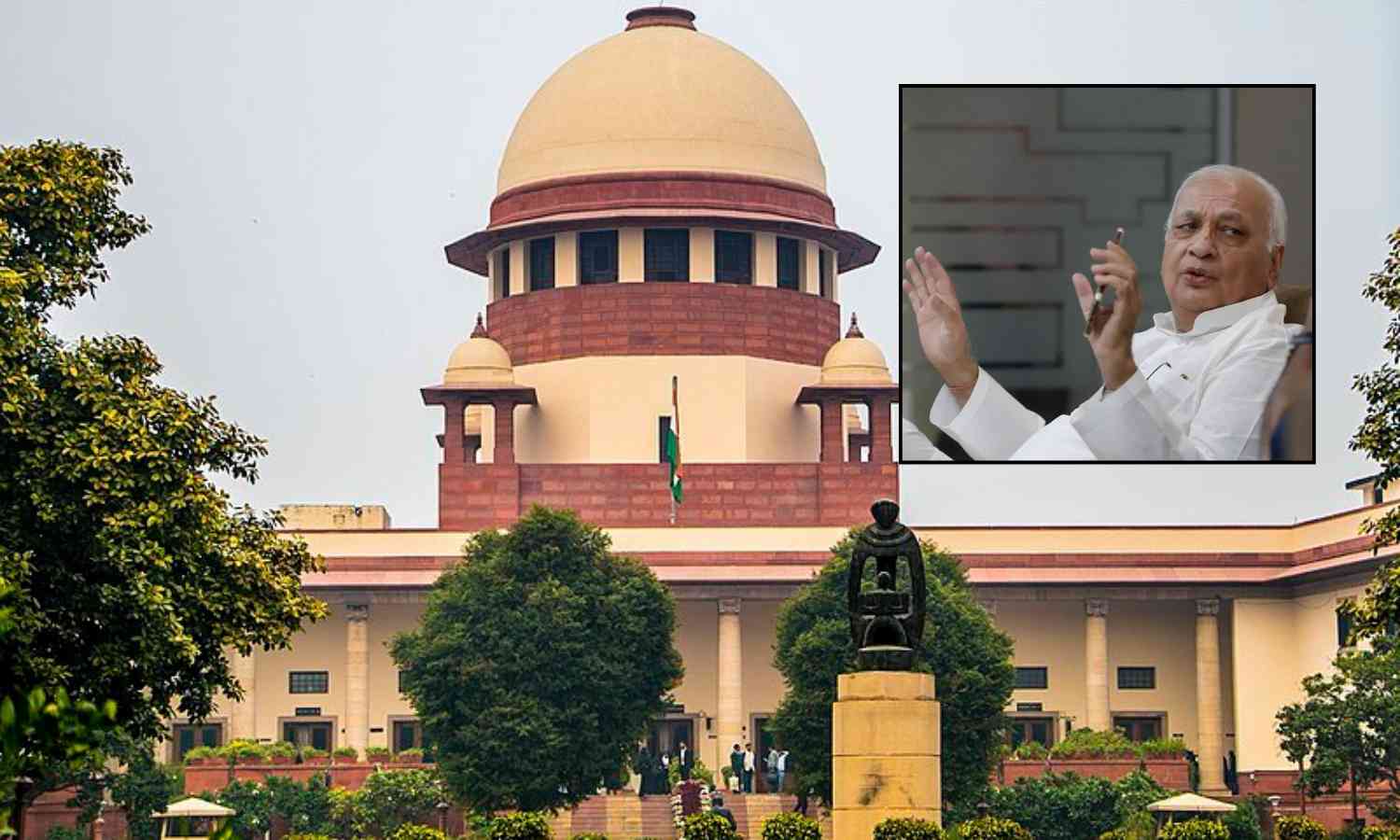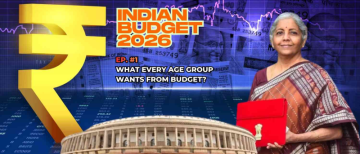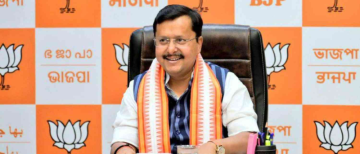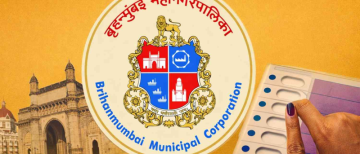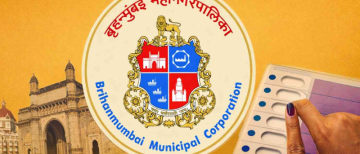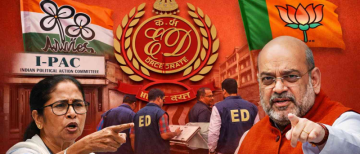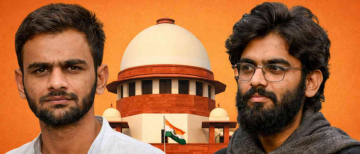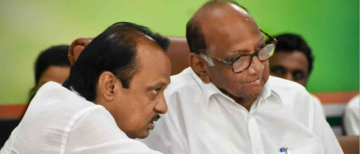The Supreme Court said on Wednesday that it would look into defining guidelines on when a governor can send bills to the President, questioning the Kerala governor sitting on bills passed by the state assembly for two years without providing any justification and then referring them to the President.
“What was the governor doing for two years without acting on these bills? We will get into it. There is accountability of governors and there is accountability on us as a constitutional court... Governors cannot sit on a bill to thwart the normal process of law-making by state legislatures,” a bench, headed by Chief Justice of India (CJI) Dhananjaya Y Chandrachud, said.
A bench consisting of Chief Justice D Y Chandrachud, Justices Manoj Misra and J B Pardiwala, announced that it will think about formulating rules for governors to follow when using the constitutionally granted discretion.
This was in reaction to a request for judicial intervention made by former attorney general K K Venugopal, the legal representative for the Kerala government, who claimed that the governor's inaction was hurting people's interests.
The Kerala governor's decision to neither approve the bills nor return them to the legislature for further consideration has already been criticised by the bench. "We find no reason why the governor decided to keep the bills pending for an inordinate period of time. We have held that the power of the governor cannot be utilised contrary to the power entrusted to the democratically elected state legislature. The power of the governor cannot be utilised to pause the lawmaking exercise of the legislature," the bench said.
The court stated that the grievance mentioned in the Kerala government's appeal has been resolved and the plea may be dismissed because it concerned the delay in passing eight measures, seven of which have now been forwarded to the President and one of which has received the governor's assent.
Venugopal, however, stated that the court needs to determine when a bill can be submitted to the President and that it was not "proper" to refer the seven pieces of legislation to the President. He claimed that the governor was acting like an adversary rather than cooperating with the assembly.
Despite Attorney General R Venkataramani's objections, the court permitted the Kerala government to amend its plea and ask for guidelines outlining when a governor can transmit bills to the President.
"We have to keep the matter pending. We thought of disposing of the plea but it will not be proper because how can they file another plea seeking just guidelines. This is a live issue, let them amend the petition," the bench said.
The court's request that the chief minister and the governor of Kerala sit together to work out differences about bill clearance was met with opposition, indicating acrimony between them during the hearings. Venkataramani proposed that the governor invite the chief minister so they could discuss over a cup of tea. However, Venugopal, his predecessor, rejected the idea, claiming it was a face-saving strategy.
The Kerala attorney suggested that to address any concerns, the governor speak with the minister who presented the bill to the parliament.
"Let us hope that some political sagacity takes over the state and we hope some sagacity prevails. Otherwise, we are here to lay down the law and do our duty under the Constitution," the bench said.
© Copyright 2023. All Rights Reserved Powered by Vygr Media.

